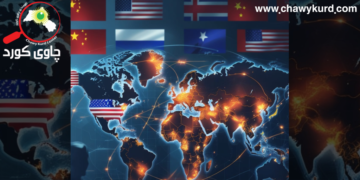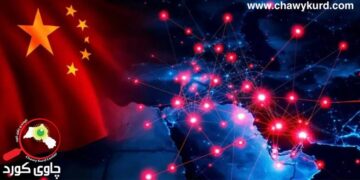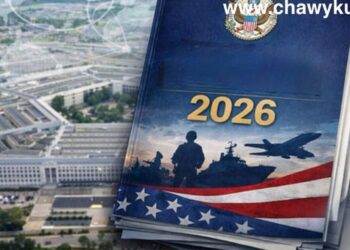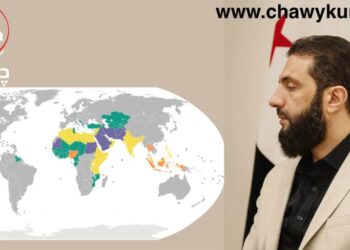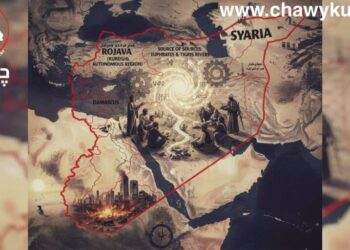A common saying after World War II was that; it would no longer be repeated, but if it happened, it would be on the water.The speech proves significance roles of water resources in battle, cooperation and conflict between states. According to UN valuation, by 2025, two of the three people in the world’s population are living in crisis circumstances to get drinking water. This comparison is based on a proposal that world’s population are increasing by 80 million annually. Therefore for these populations needs 64 billion square meters of water every year. Today, water has become a way to gain power and a force for some countries to grant political, economic achievements.
The GAP project in Turkey is one example of the water policy that the Turkish authorities have tried to use as a strong card against neighboring countries. Before introducing the GAP project in Turkey and its consequences, we need to define some concepts in order to make better understanding of the project.
Concept:-
1.Hydro-politics: – This term consists of two terms of water and politics, which today in political languages, international forums and gatherings is widely used. Previously, water was viewed as a local issue, but in 21st century, and within increasing the world’s population has become an international issue.
2.Hydro-hegemony: – The inequality of power equations between countries located in a common area has an important role in how these parties deal with each other. Two well-known thinkers of this field, Zaytun and Warner, have defined this particular situation as hydro-hegemony. Hydro-hegemony means a strong country that more than its share of water and uses it for its own needs. Hydro-hegemonic countries are constantly trying to save more water and use for their own interests.
“Gap, is opportunities for Turkey and threats to neighbors”
Turkey is recognized as the most watery country in western Asia and is the only country with more water resources than its needs and at the same time has the political ability to serve these water resources. The country has repeatedly called for the construction of a water transport project called the Peace Pipeline to provide water for the Gulf Arab countries, Israel, Syria and Palestine, but the Turkish project has been rejected by the countries mentioned. These countries call the Turkish peace pipeline project “Troy Horses”, aimed at imposing Ankara’s water hegemony on them.
Despite European countries, the United States and the United Nations discussing the GAP project with Turkey, but the Turkish authorities continue to their hydro-political projects until this moment. In the end, the question is, is there a possibility of consensus between Turkey, Iraq, Syria, and even Iran on the waters of The Tigris and Euphrates? To answer this question, we need to consider all political and security factors; PKK issue, presence of Turkish forces in Edlib and some cities in western Kurdistan, and turkey’s security guarantees, economic and political privileges of Turkey are part of the factors that need to be considered.













